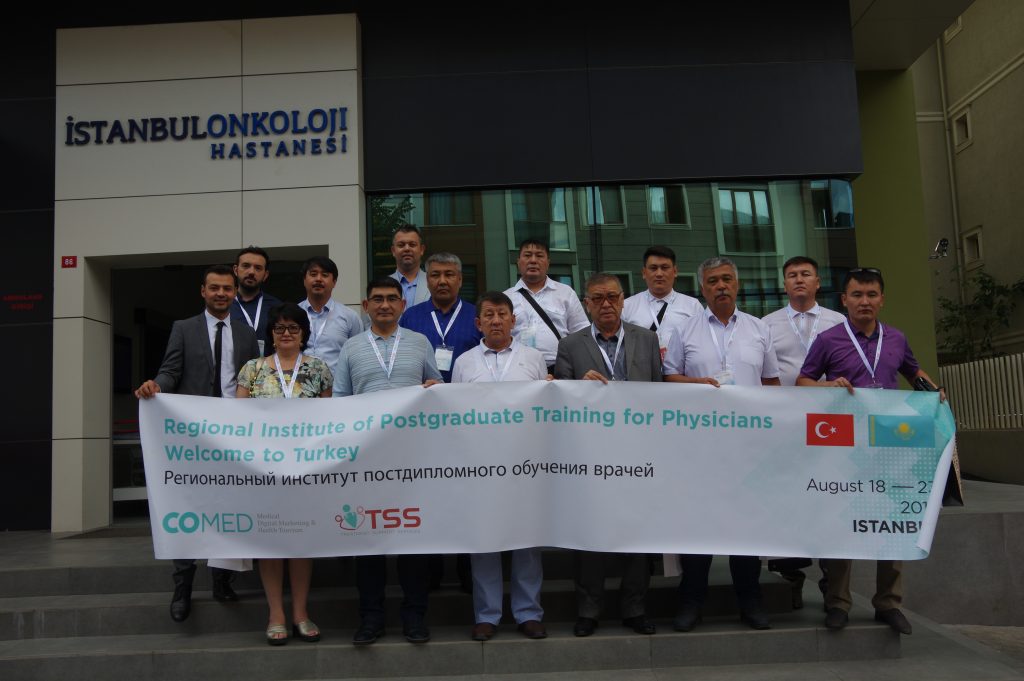Turkey has become one of the most sought-after destinations for medical education and professional development, attracting doctors from all over the world.
With its advanced healthcare system, highly skilled faculty, and modern facilities, Turkey offers the perfect setting for medical professionals to enhance their surgical and aesthetic skills.
At Comed Medical Training, we have been providing specialized training programs for more than five years, hosting doctors from Europe, the Middle East, and beyond.
Our courses cover a wide range of fields — from aesthetic medicine and facial anatomy to rhinoplasty observation and surgical fellowships.
Each training is conducted in collaboration with certified laboratories, universities, and medical institutions in Istanbul and other major Turkish cities.
Comed’s experienced team manages laboratory coordination, cadaver supply, accommodation, and local transfers, ensuring a seamless and professional learning experience.
Participants not only gain new skills but also become part of a growing international medical network.
By combining Turkish hospitality with academic excellence, we aim to make Turkey a global hub for medical training and innovation.

